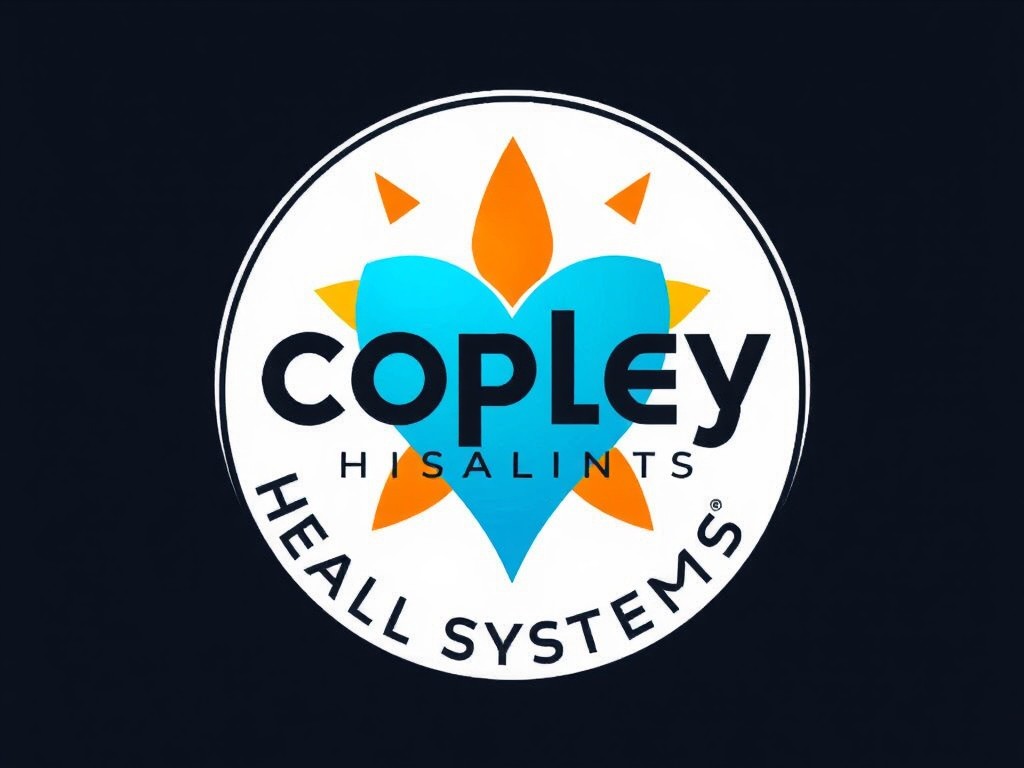Overview of Juvenile Idiopathic Arthritis
Juvenile Idiopathic Arthritis (JIA), also known as childhood arthritis, is a chronic autoimmune disease that affects children under 16. This condition can lead to joint inflammation and stiffness, causing significant discomfort. The immune system, in an overactive response, mistakenly attacks healthy cells and tissues, resulting in arthritis symptoms.
There are seven types of JIA, each characterized by distinct patterns and symptoms. These types include oligoarticular, polyarticular, systemic, enthesitis-related, psoriatic, and two less common forms: undifferentiated and juvenile dermatomyositis. The variations highlight the complexity of managing and diagnosing JIA.
Also read : Exploring the Impact of Bilingualism on Cognitive Resilience in Older Adults
Prevalence and demographics of JIA show that this condition affects approximately 1 in 1,000 children. It is one of the more common chronic diseases among children, with a slightly higher occurrence in girls than boys. The impact of JIA can be profound, affecting physical activity, growth, and overall quality of life.
Common symptoms of JIA include persistent joint pain, swelling, and stiffness, often more pronounced in the morning or after periods of inactivity. Affected children may face challenges, such as difficulty with mobility, participation in sports, and maintaining social interactions, complicating their daily lives. Early diagnosis and intervention are crucial in managing these challenges effectively.
Topic to read : Unveiling the Connection: How Dietary Antioxidants Enhance Vision Health in Older Adults
Importance of Parental Engagement in Treatment
In the complex landscape of paediatric healthcare, parental engagement is often the key to successful treatment outcomes. This engagement involves active family involvement in managing a child’s medical journey, actively participating in healthcare decisions and treatment plans. It’s important to recognise the vital role parents play, particularly in the management of conditions such as Juvenile Idiopathic Arthritis (JIA).
Parental engagement in a healthcare context can be defined as the dedicated involvement of parents in the health management process. It encompasses everyday activities such as attending medical appointments, administering treatments, and maintaining ongoing communication with healthcare providers.
Why is parental involvement so crucial? Studies show a direct correlation between engaged parents and improved healthcare outcomes. For children with JIA, for example, consistent family involvement has been linked to enhanced adherence to treatment protocols, leading to better long-term treatment success.
Furthermore, engaged parents are better equipped to recognise subtle changes in their child’s condition, allowing for timely medical interventions. This active participation not only supports the child in managing their illness effectively but also empowers parents, fostering a sense of control and assurance regarding their child’s health trajectory.
Types of Parental Engagement in JIA Treatment
When it comes to managing Juvenile Idiopathic Arthritis (JIA), active involvement is crucial. Parents play a vital role in ensuring their child’s well-being by participating in medical appointments and decisions. This may involve discussing treatment plans, medication management, and monitoring symptoms. By being present and asking questions, parents can better understand the condition and empower their children in managing their health.
Active Participation in Medical Appointments
Parents who actively engage in their child’s medical care can greatly influence outcomes. They can help track medications, note any changes in symptoms, and communicate these observations during appointments. By doing so, they provide invaluable insights that healthcare providers can use to tailor treatment plans effectively.
Communication with Healthcare Providers
Open communication strategies are paramount. Parents should establish clear lines of dialogue with doctors, nurses, and other medical staff. This ensures that any concerns or questions are addressed promptly, and helps in building a support system around the child’s care.
Emotional and Social Support for the Child
Beyond the medical aspects, providing emotional and social support is essential. Parents can help foster resilience in their children by understanding their emotional needs and encouraging engagement in social activities. Building a strong support network can help children cope with JIA-related challenges.
Effects of Parental Engagement on Treatment Outcomes
Parental engagement plays a pivotal role in shaping treatment adherence, particularly for children undergoing long-term treatments, such as those with arthritis. Statistical evidence showcases that children whose parents are actively involved in their treatment routines tend to exhibit higher levels of adherence. This involvement ensures medication routines are followed precisely, leading to more successful management of the condition.
Moreover, parental engagement significantly impacts the health outcomes of children. When parents participate in their child’s healthcare process, children often experience improved physical health outcomes. For instance, consistent treatment adherence due to parental oversight can lead to decreased inflammation and pain associated with arthritis, promoting a better quality of life.
The influence extends to mental health as well. Children with engaged parents usually manifest improved mental well-being. This engagement can bolster the child’s confidence in managing their condition, reducing anxiety and enhancing resilience.
Furthermore, patient satisfaction is inherently linked to the level of parental involvement. A supportive environment facilitated by engaged parents can lead to more satisfied and optimistic patients, ultimately contributing to a more positive overall healthcare experience. Thus, the ripple effects of parental engagement reach beyond mere adherence, positively affecting both the physical and emotional realms of a child’s health.
Case Studies and Research Findings
Engagement in the management of Juvenile Idiopathic Arthritis (JIA) can be crucial to successful outcomes. Various research studies have highlighted the importance of parental engagement in treating JIA. One key finding is that children whose parents participated actively in treatment processes often experienced better adherence to medication regimens and reported fewer symptoms.
Clinical findings support the idea that parental awareness and involvement significantly affect children’s health outcomes. For instance, a study highlighted a case where a teen with JIA achieved remission after parental monitoring and consistent communication with healthcare providers. This involved tracking symptom changes and adjusting treatment plans promptly.
In case examples, we see families engaging with healthcare teams, leading to impressive treatment successes. Noteworthy among these cases are those where doctors and parents collaborated closely, reflecting in improved health indicators such as reduced joint inflammation and increased mobility.
Data analysis within these studies also sheds light on the influence of engagement levels on health metrics. By delving into statistical correlations, researchers have depicted a clear picture: higher levels of parental involvement frequently correlate with improved health outcomes. These findings accentuate how crucial active involvement is in managing JIA and optimizing treatment effectiveness.
Recommendations for Enhancing Parental Engagement
Parental involvement in a child’s therapy can significantly impact treatment outcomes. Healthcare professionals can adopt several engagement strategies to foster active participation from parents. It is crucial that healthcare providers communicate openly, ensuring parents understand the therapeutic goals and processes.
Regular updates on the child’s progress and involving parents in decision-making can enhance their sense of involvement. Additionally, healthcare professionals can offer tailored healthcare professional tips to help parents effectively support their child’s journey. These might include techniques for managing behaviours or ways to reinforce therapy goals at home.
Providing access to family resources such as educational materials, videos, or workshops can empower parents with knowledge and skills. Establishing or recommending support groups allows families to connect, share experiences, and find solace in community.
For parents aiming to increase their engagement, establishing a consistent home routine aligned with therapy goals and maintaining open communication with clinicians can be beneficial. Attending sessions, asking questions, and actively seeking feedback positions parents as crucial partners in their child’s therapeutic process. Emphasising the roles parents play helps create a cohesive environment for children, enhancing their ability to thrive in therapy.
Guidelines for Healthcare Professionals
Adhering to best practices is crucial for healthcare professionals aiming to implement effective family-centered care. Leading health organizations emphasize the inclusion of families as active participants in treatment planning, stressing that their insights are invaluable in understanding the patient’s comprehensive needs. Recognizing the family dynamic is not just beneficial, but integral to developing a treatment strategy that is both holistic and personalized.
Healthcare guidelines suggest seamless communication pathways between professionals and family members, fostering an environment where questions are encouraged and decisions are made collaboratively. These guidelines underline that increased familial involvement typically leads to better patient outcomes and higher satisfaction among all parties involved.
To improve healthcare professionals’ abilities in this area, numerous training opportunities are available. These include workshops and seminars focused on enhancing parental engagement, which provide strategic communication skills and approaches to facilitate meaningful family participation in care processes.
Professionals are encouraged to leverage these resources to continuously update their skillset and align with evolving best practices. Embracing a family-centered approach not only strengthens the therapeutic alliance but also ensures that care delivery is sympathetic to the nuanced dynamics inherent within each family.
Conclusion and Future Directions
The landscape of pediatric care is continuously evolving, and the importance of future research on parental engagement is crucial. Exploring the nuanced impacts of family involvement sheds light on strategies to improve child health outcomes. By diving deeper into empirical studies, researchers can pinpoint methods to optimise parental influence on healthcare decisions.
Incorporating advocacy into this equation can significantly amplify awareness and policy shifts. Advocates possess the power to bridge the gap between families and healthcare systems, ensuring that policies favour inclusive, family-centric approaches. This thrives through collaboration between policymakers, healthcare professionals, and families themselves.
Moreover, continuing education emerges as a vital component in this ecosystem. Healthcare providers, educators, and families benefit immensely from training programs tailored to foster better communication and understanding. Here are a few avenues to explore:
- Workshops on effective communication techniques between parents and healthcare providers
- Specialized courses focusing on the psychosocial aspects of pediatric care
- Regular seminars offering updates on policy and advocacy advancements
By focusing on future research and utilizing advocacy and education tools, the potential to enhance family engagement in pediatric care is vast. These steps promise not only improved care but a holistic approach to child health.











